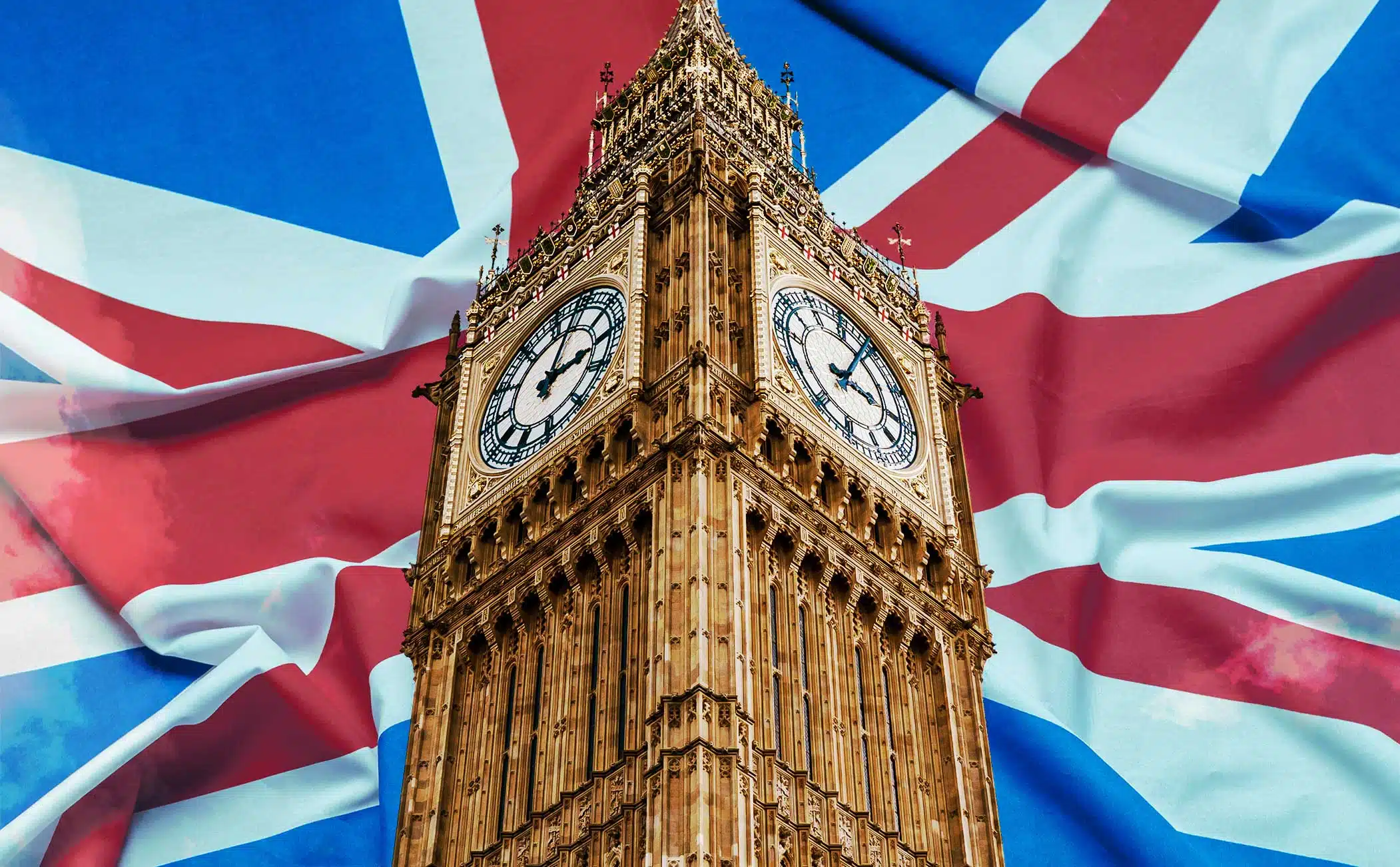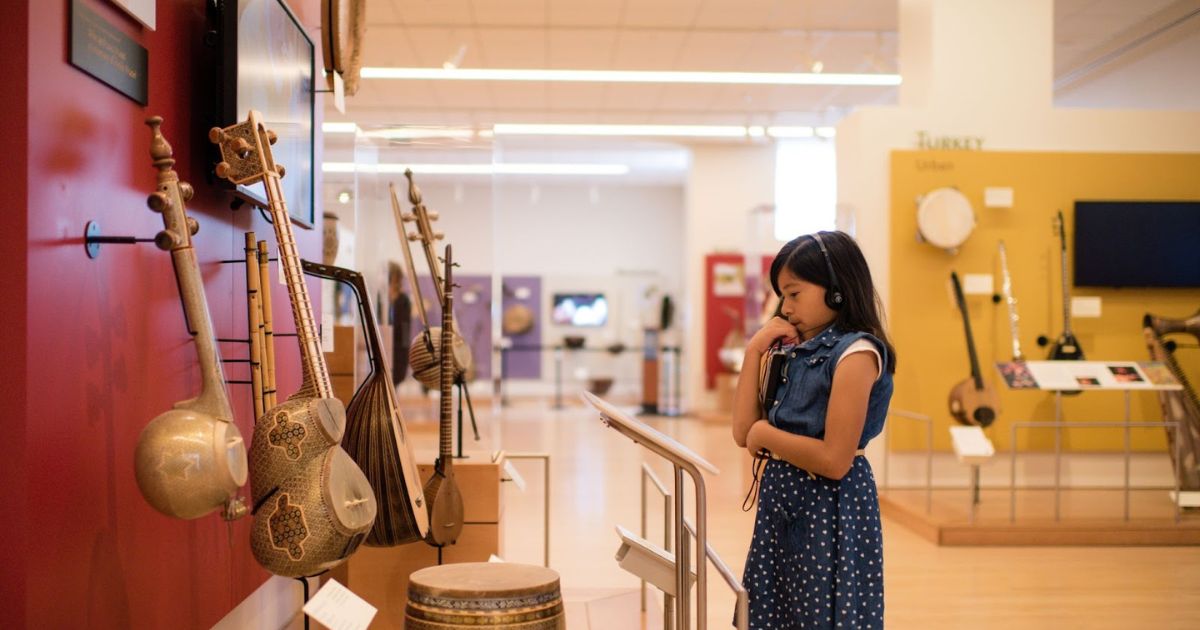If you’re an empathetic person with good listening skills, counselling may be a rewarding career for you. In 2020, 3.4 million Australians over the age of 16 saw a mental health professional. Evidently, counselling is a necessary and in-demand service in Australia.
Becoming a counsellor generally takes a shorter length of time than becoming a qualified psychologist or psychiatrist, and due to the alarming length of waiting lists for psychologists and psychiatrists, policy makers have made action to expand service options for counsellors.
But don’t make the mistake that counselling is inferior or easy. It is crucial to mental health services, especially considering it is more accessible and considering counsellors are found in many places that psychologists and psychiatrists or not.
There are many different types of counsellors, so if you’re considering this career path, you might want to focus on one specific aspect of counselling. You might adjust your method of study to best suit this decision. For example, if you want to counsel those battling substance abuse, you might want to select units more geared towards this. If you want to counsel children or school students, you might take units related to child development or youth work.
How do I become a counsellor?
Generally, the options for hopeful counsellors are a Diploma of Counselling, a Graduate Certificate or Graduate Diploma, a Bachelor in Counselling, or a Master in Counselling. Those who have undertaken a Diploma will work with those who need low-intensity services, and those who are considered low-risk or in need of moderate support. If you choose a Bachelor or Masters degree, you’ll provide more intense care to people with severe and complex mental illness. If you’re new to the field, you can start with a Diploma and work your way up.
While study is imperative to your future as a counsellor, it isn’t the only way to gain experience. Volunteering with a helpline or supporting vulnerable people can teach you valuable skills. Lived experience is more valuable than you think. Study cannot teach you what lived experience can! If you’ve personally experienced mental illness, addiction, or grief, for example, you’ll be able to provide more authentic understanding to your clients experiencing the same.
Diploma of Counselling
This is an ideal first step toward fulfilling your career goals. A Diploma will provide you with the basics needed to provide emotional support and assistance. In addition to learning counselling methodologies and how to work within a case management framework, you’ll know how and when to refer clients to other services when necessary- if they are at-risk or their needs are too high and psychiatry, rehabilitation or in-patient treatment is better suited to them. You’ll also gain deeper insight into yourself and those around you.
Bachelor of Counselling
A Bachelor of Counselling will equip you for a momentous career. In addition to the wealth of knowledge and insight that you learn from the Diploma of Counselling, you’ll get a more in-depth education on more niche aspects of counselling such as grief, relationships, abuse, trauma, addiction and youth counselling. A Bachelor takes about 3 years of full-time study, and when you graduate, you’ll be career-ready.
Master of Counselling
A Master of Counselling is another 12 months of study on top of your Bachelors Degree in any field, which is an entry requirement for Masters courses. Depending on your university, a Masters of Counselling usually combines practical and theoretical study to enrich your knowledge.
What to expect as a counsellor
As you study counselling you’ll gain not only insight into the lives and struggles of Australians, but also training in techniques and methods for relaxation, anger management, cognitive behavioural therapy, sleep hygeine, problem solving skills, and more. You’ll be able to use evidence-based strategies to help your clients with emotional challenges, physical life changes and stressors, and mental health issues.
You can’t always make their problems go away, but you can greatly improve their quality of life by providing coping strategies, helpful insight and encouragement, and referring them to services that might change their life for the better. You’ll make enriching connections with clients and you’ll probably see some progress from hitting rock bottom to thriving and blossoming. You’ll share the most significant moments in their life from afar, and help them through what is troubling them. Helping one person and changing their life for the better will make your job rewarding and meaningful.
As a qualified counsellor you can make between $80,000 to $100,000 per year. The industry is exponentially growing, so there won’t be a shortage of work.








